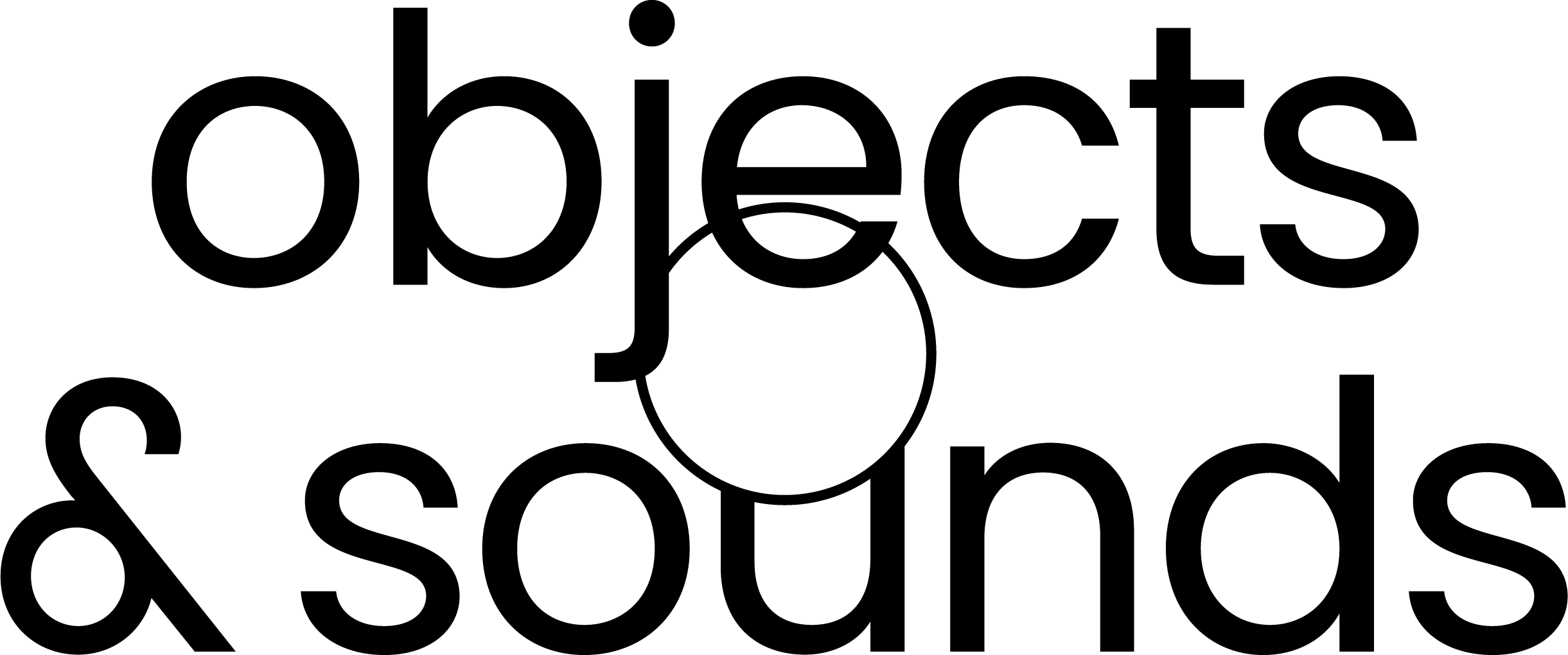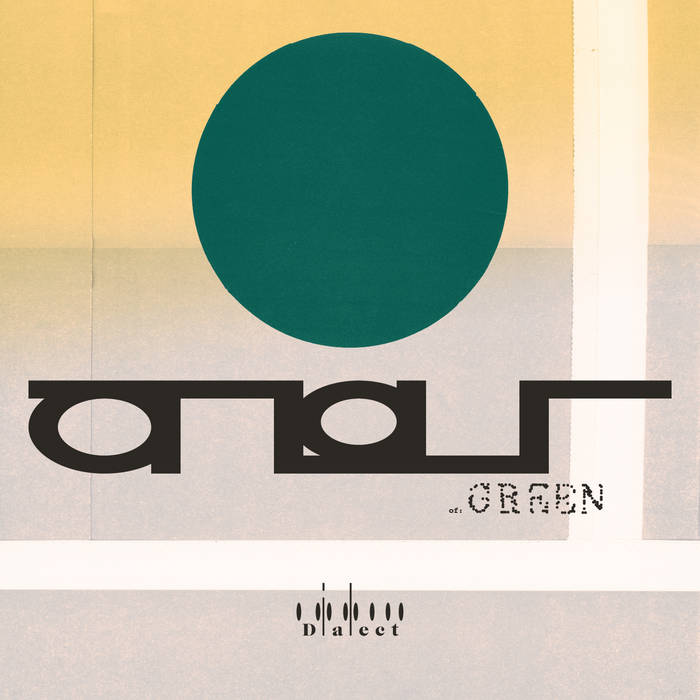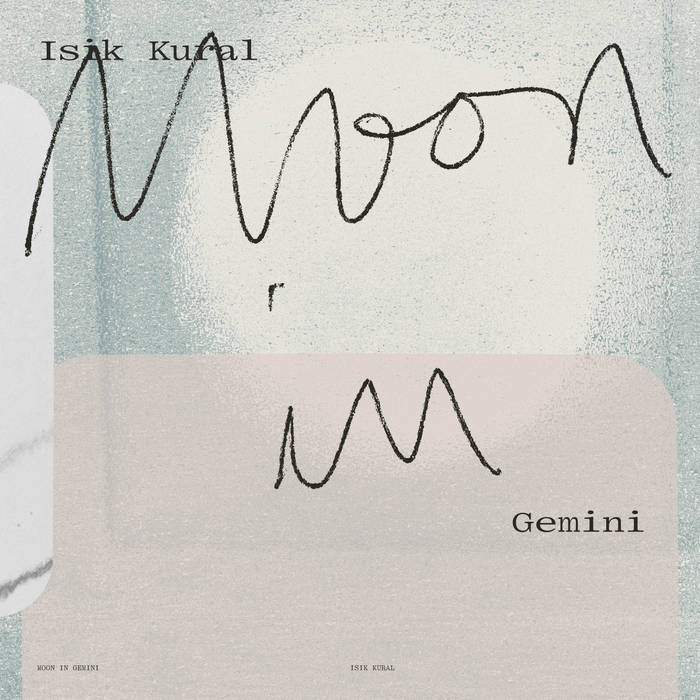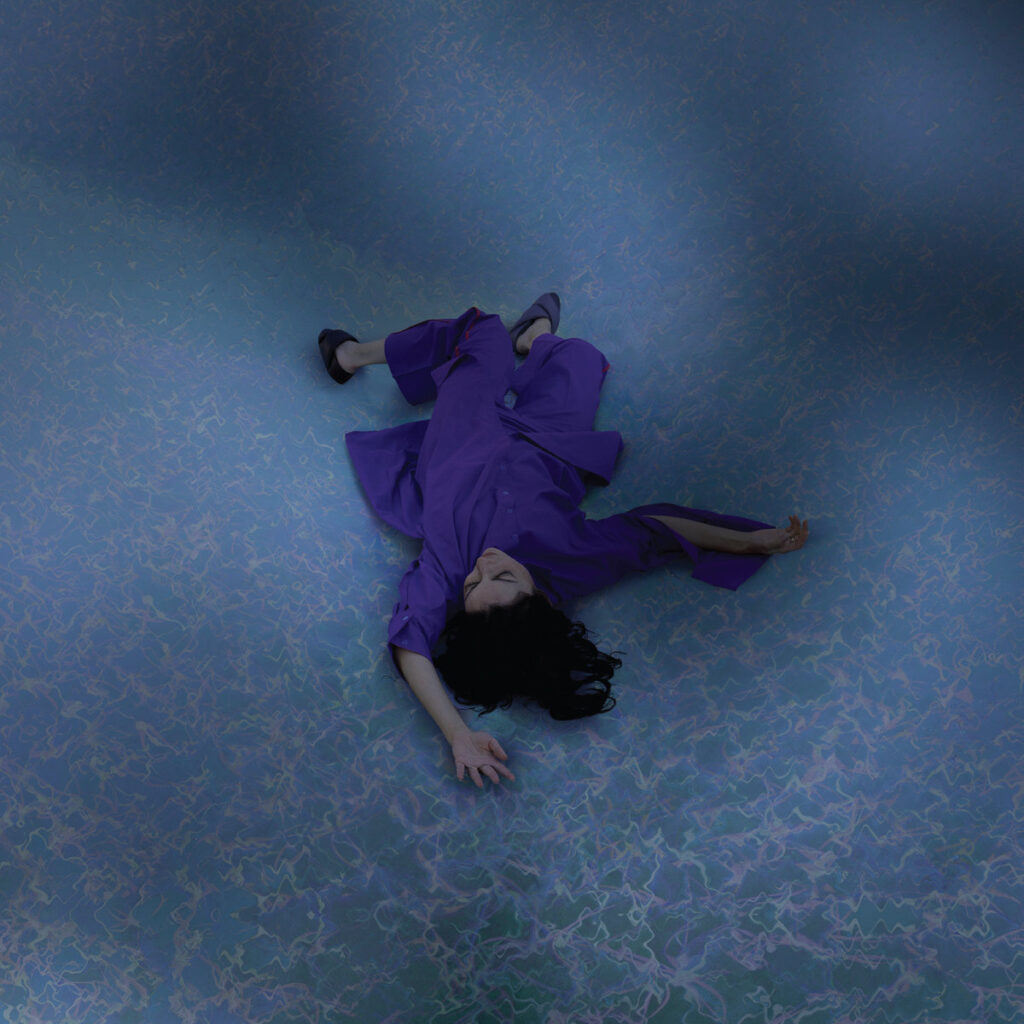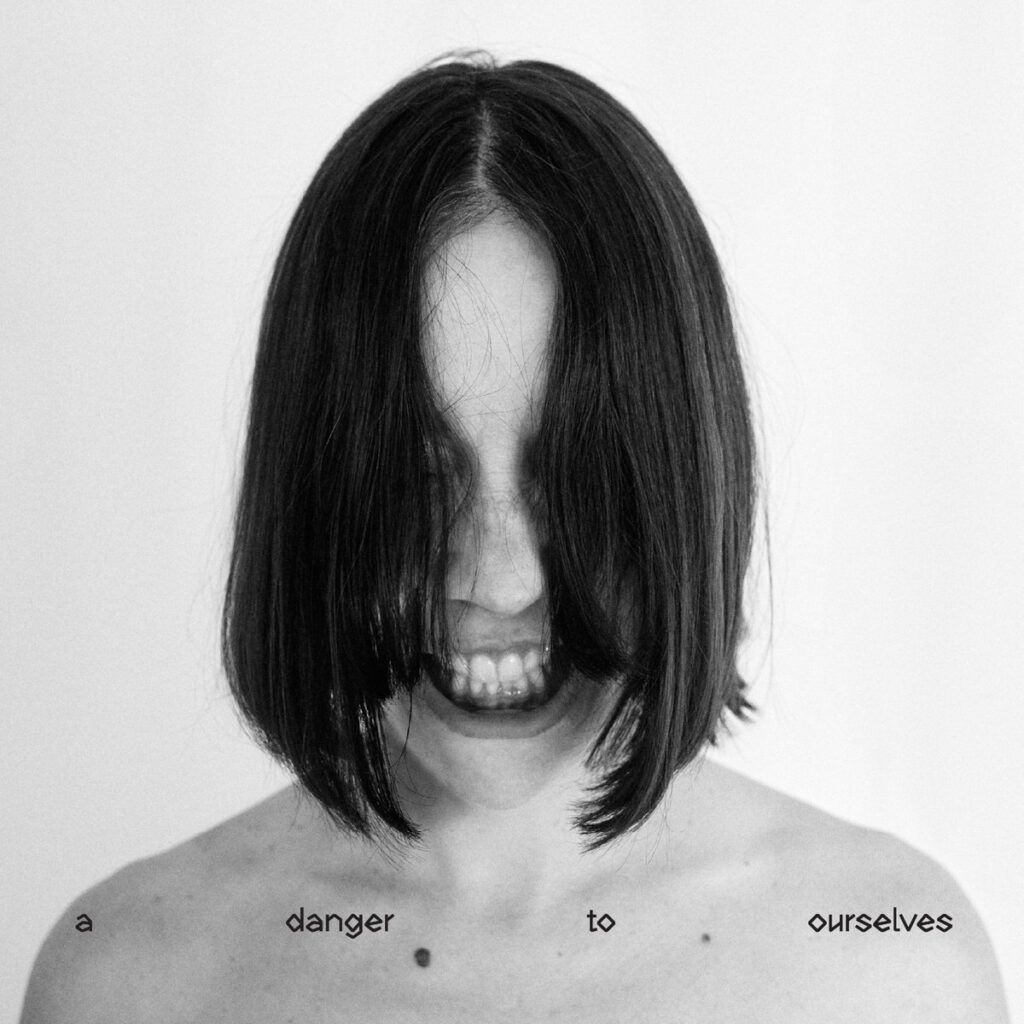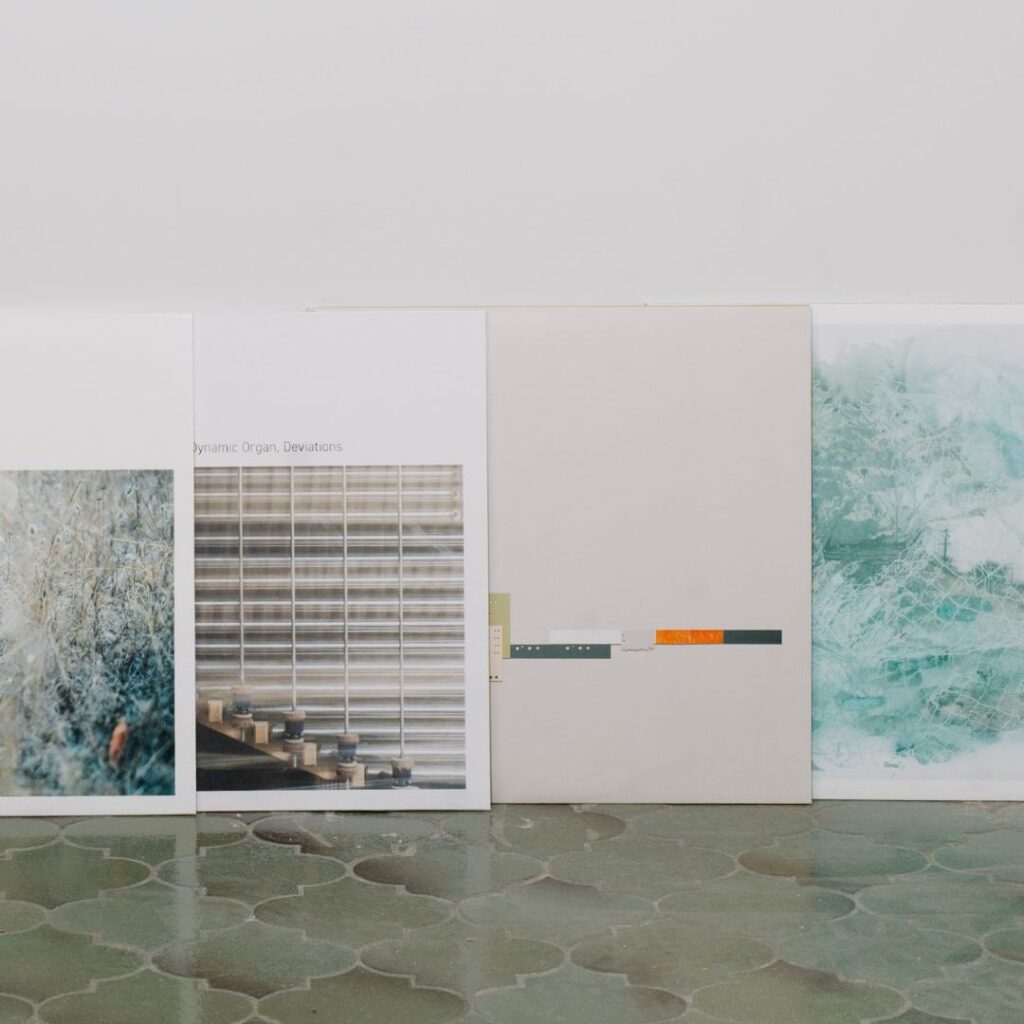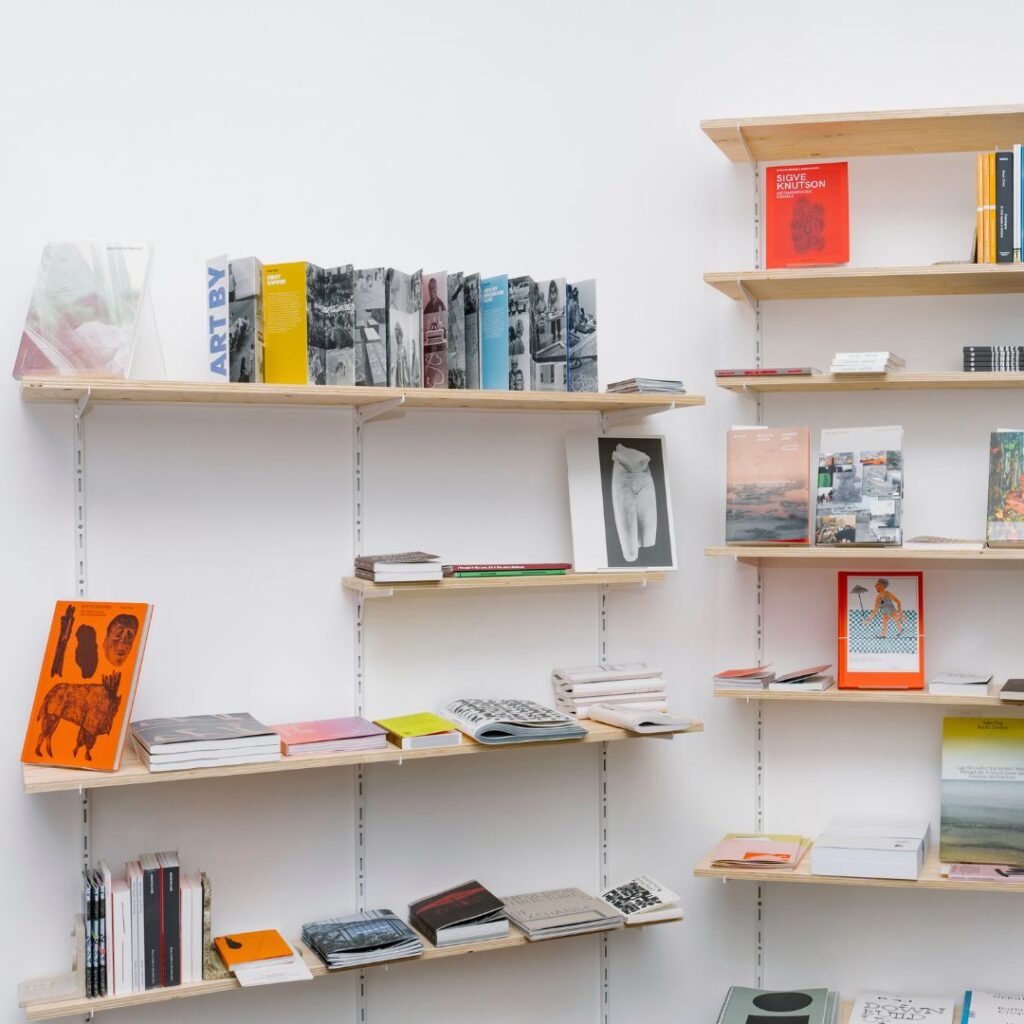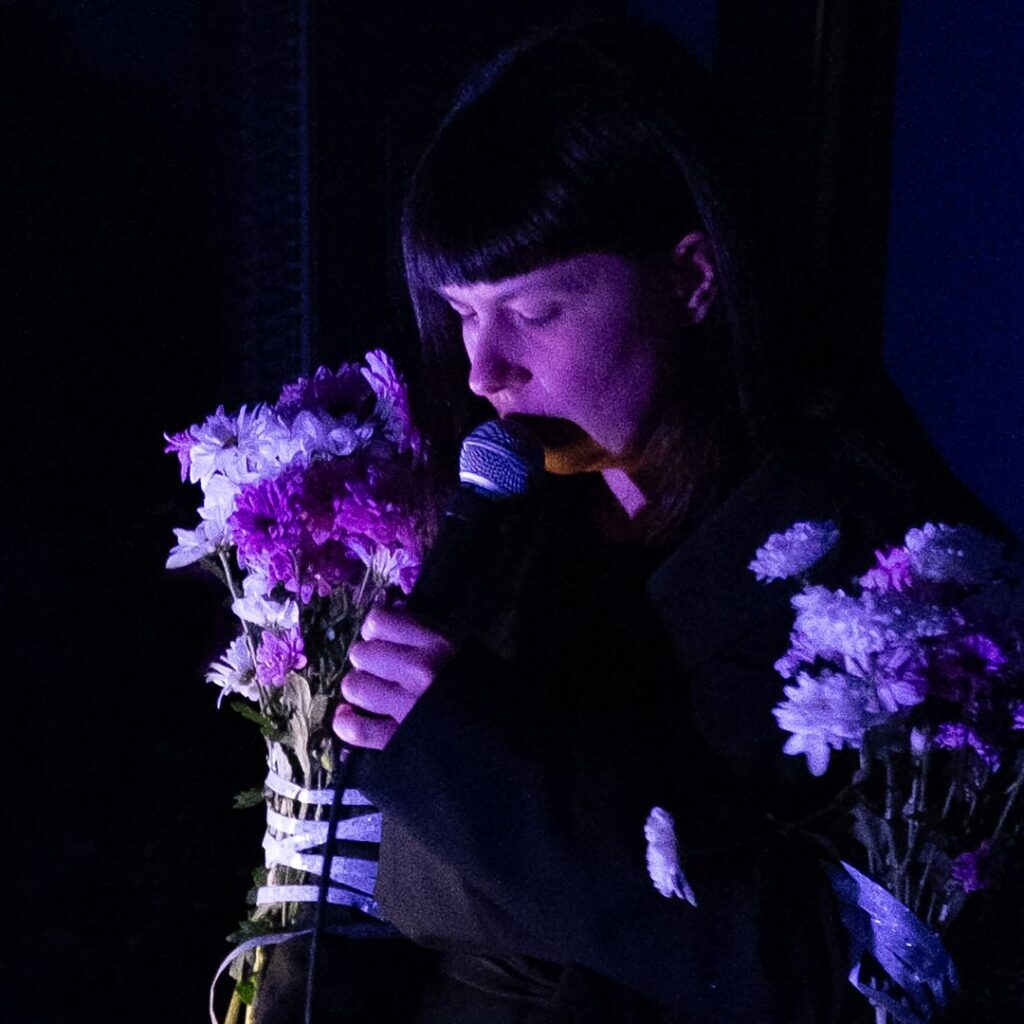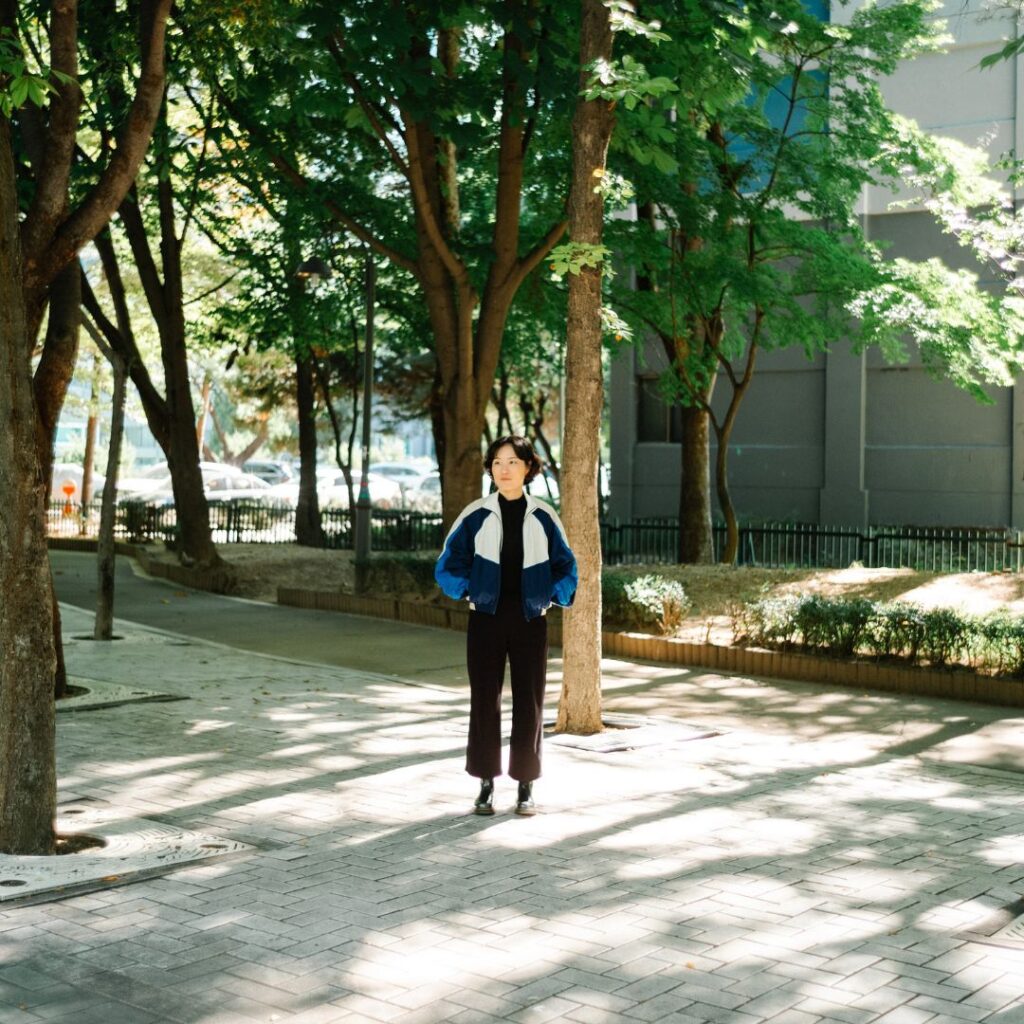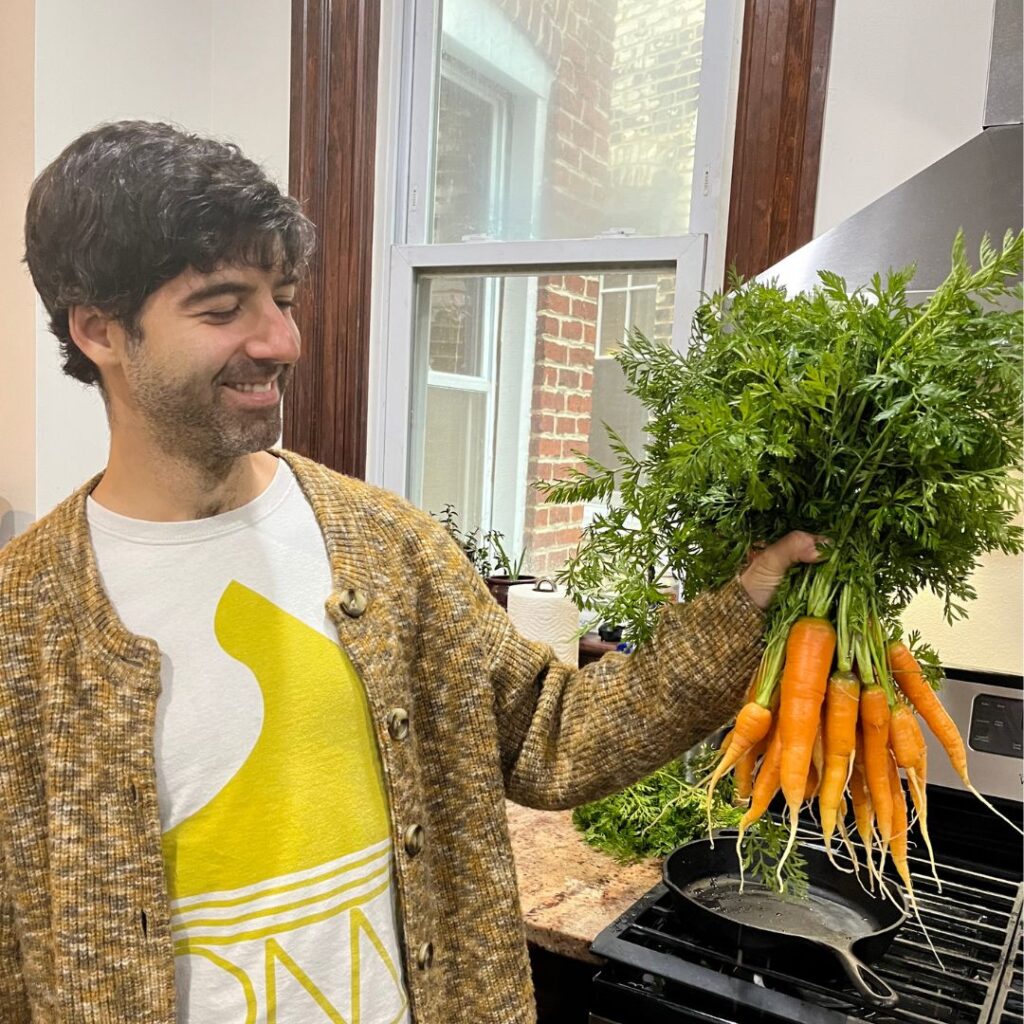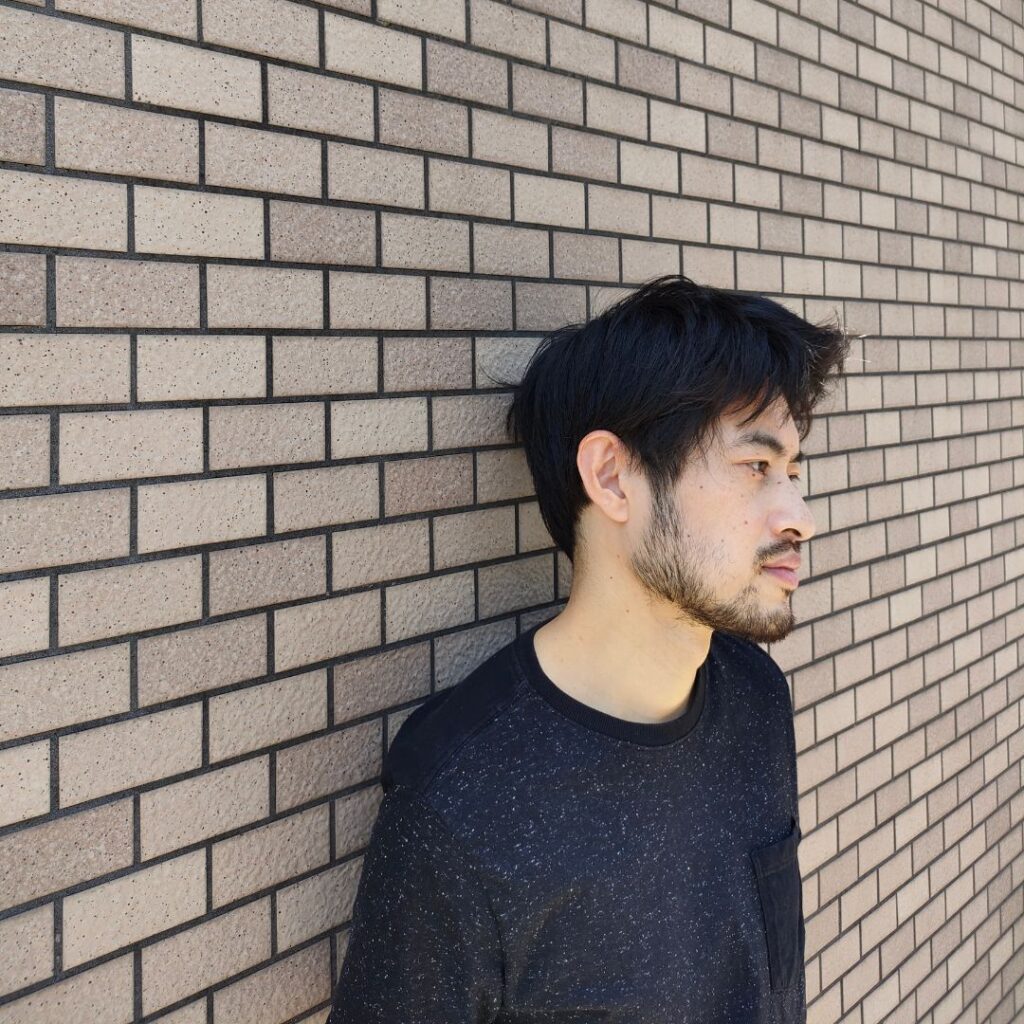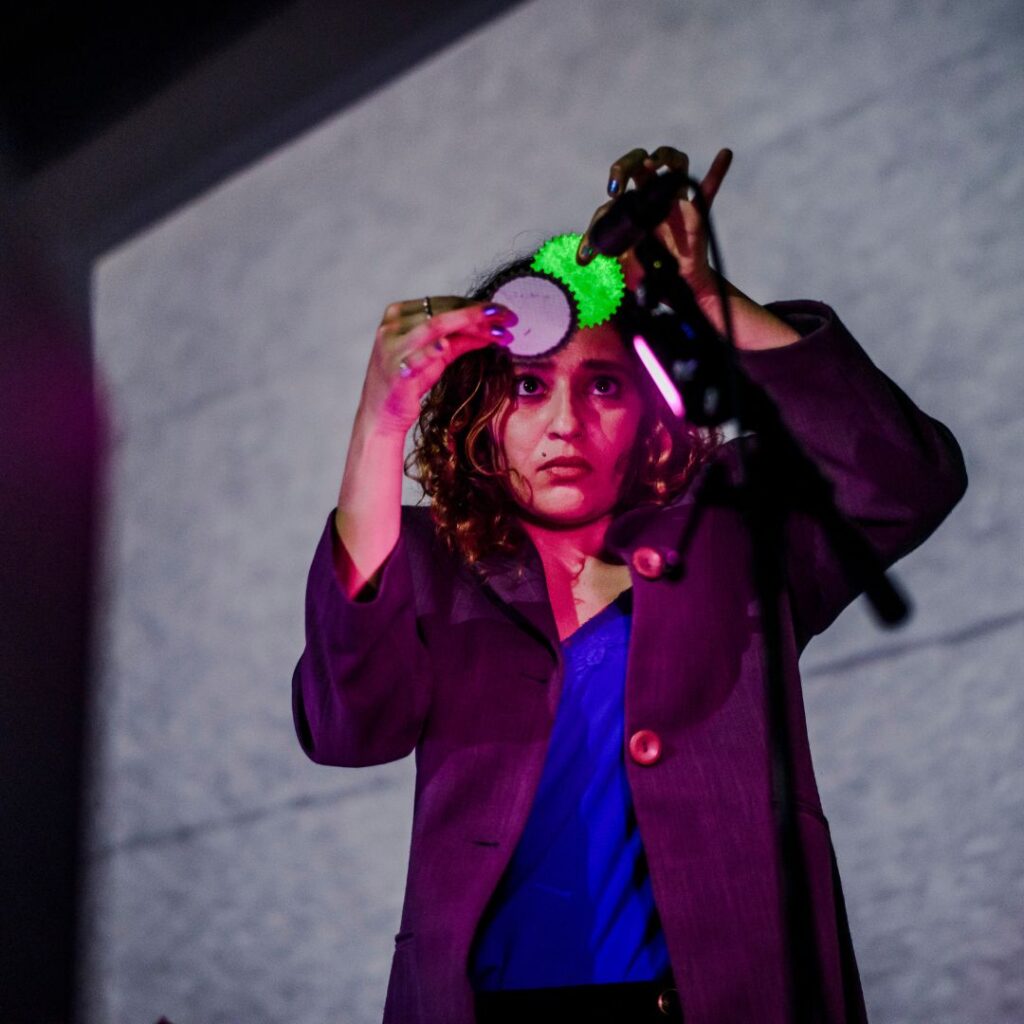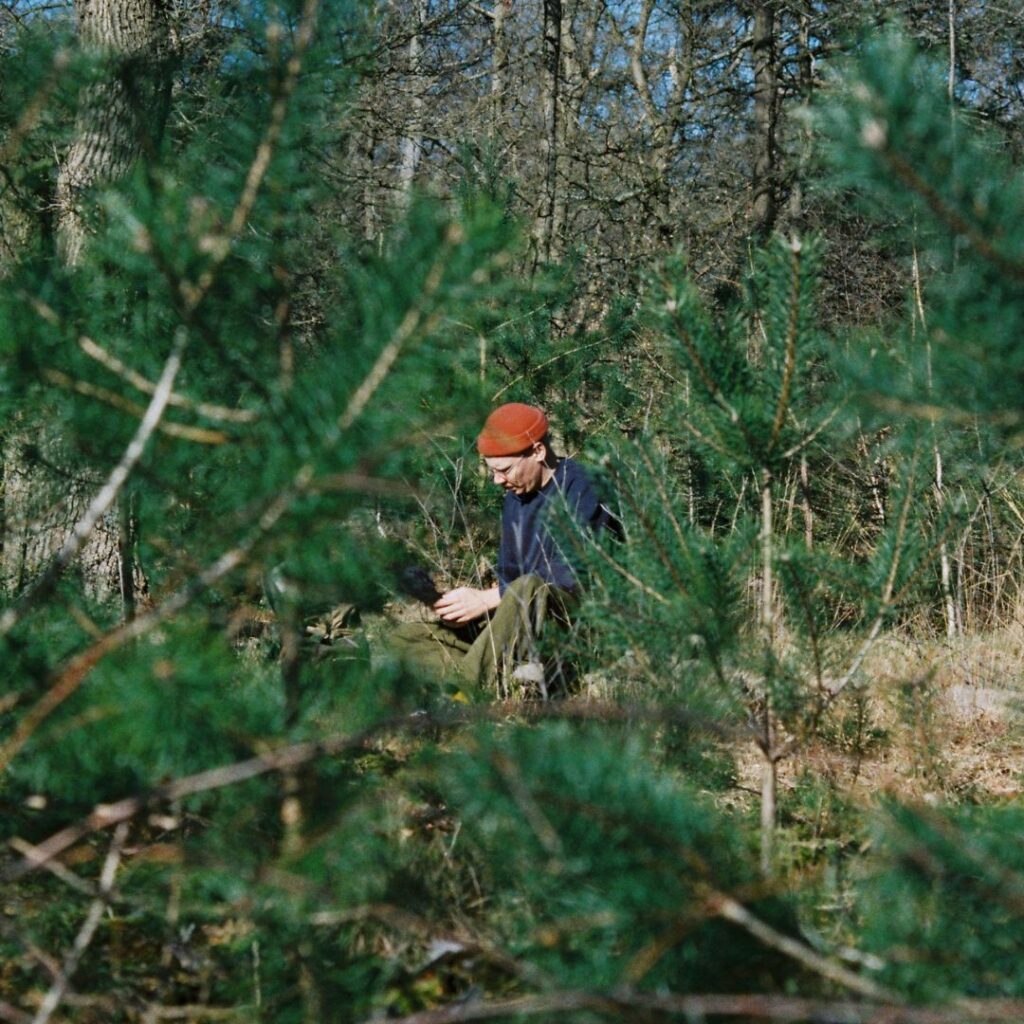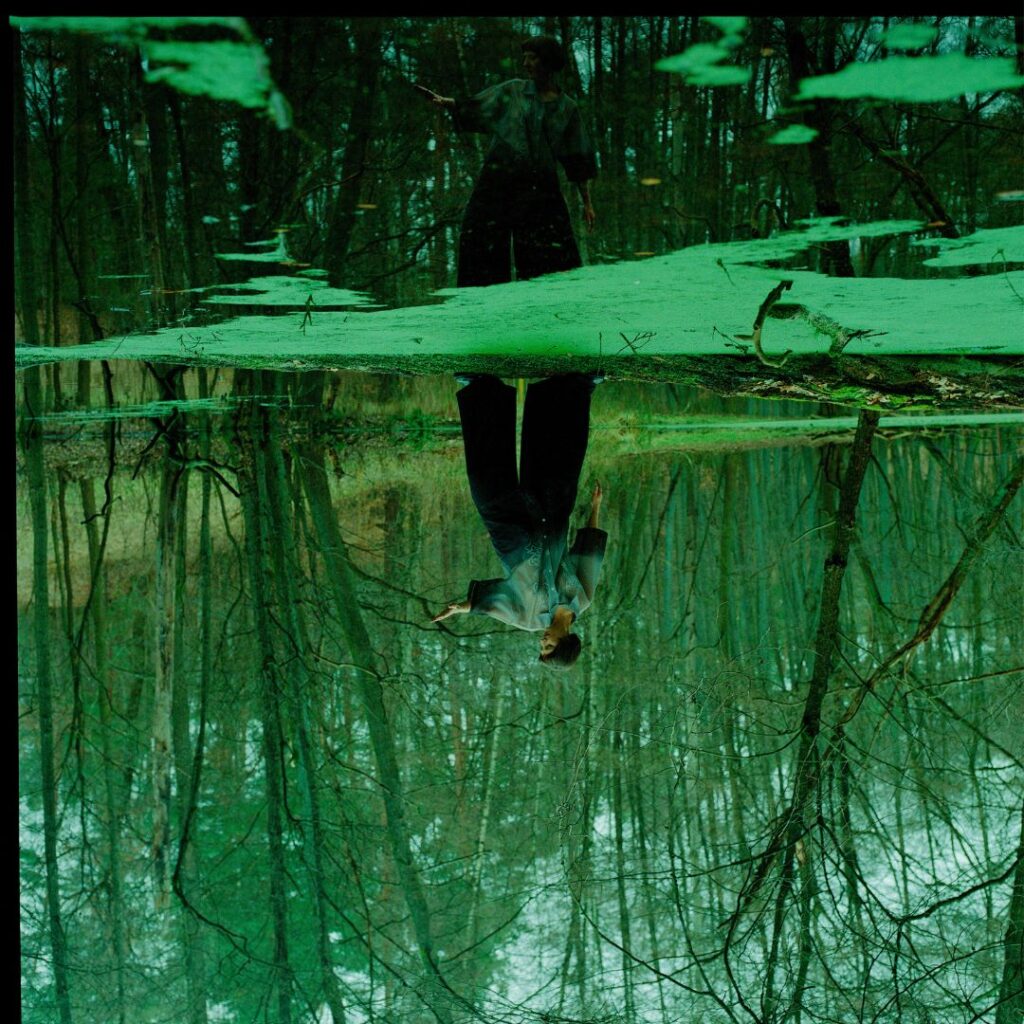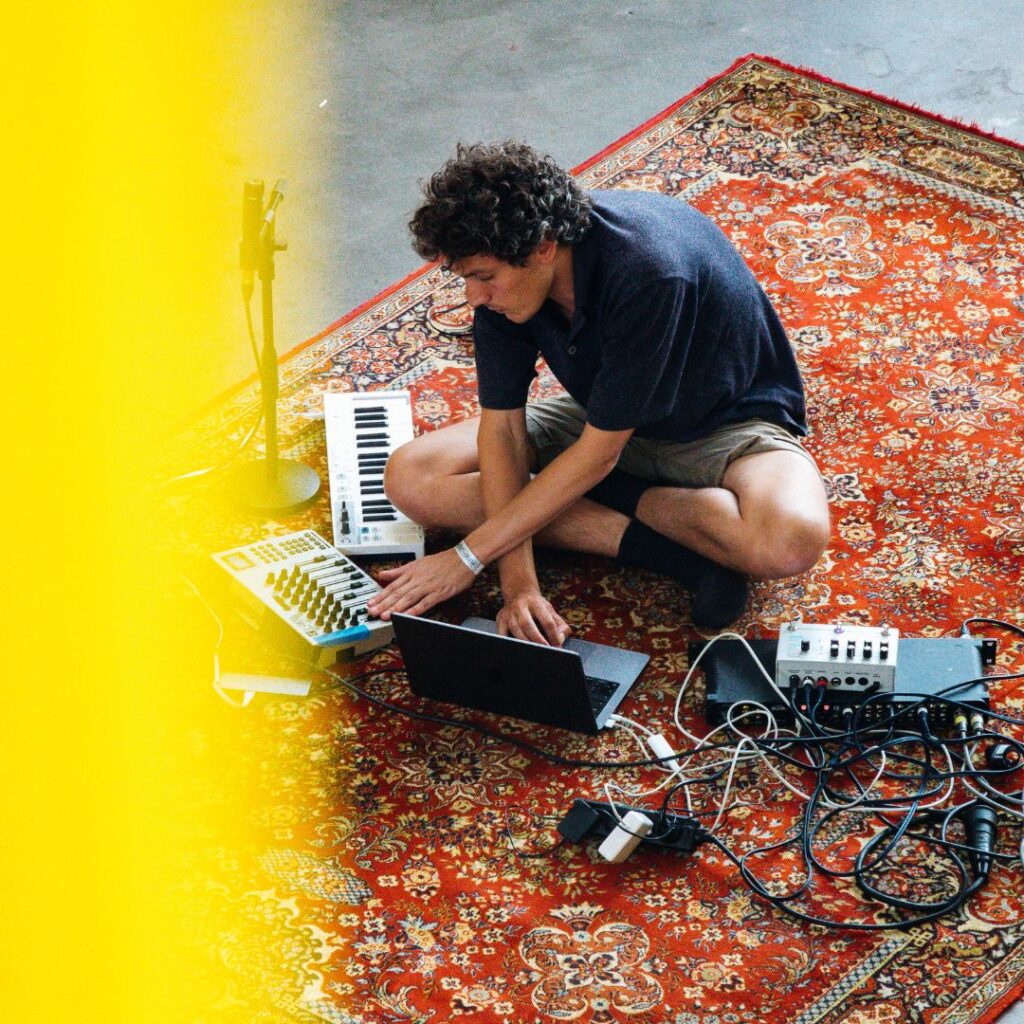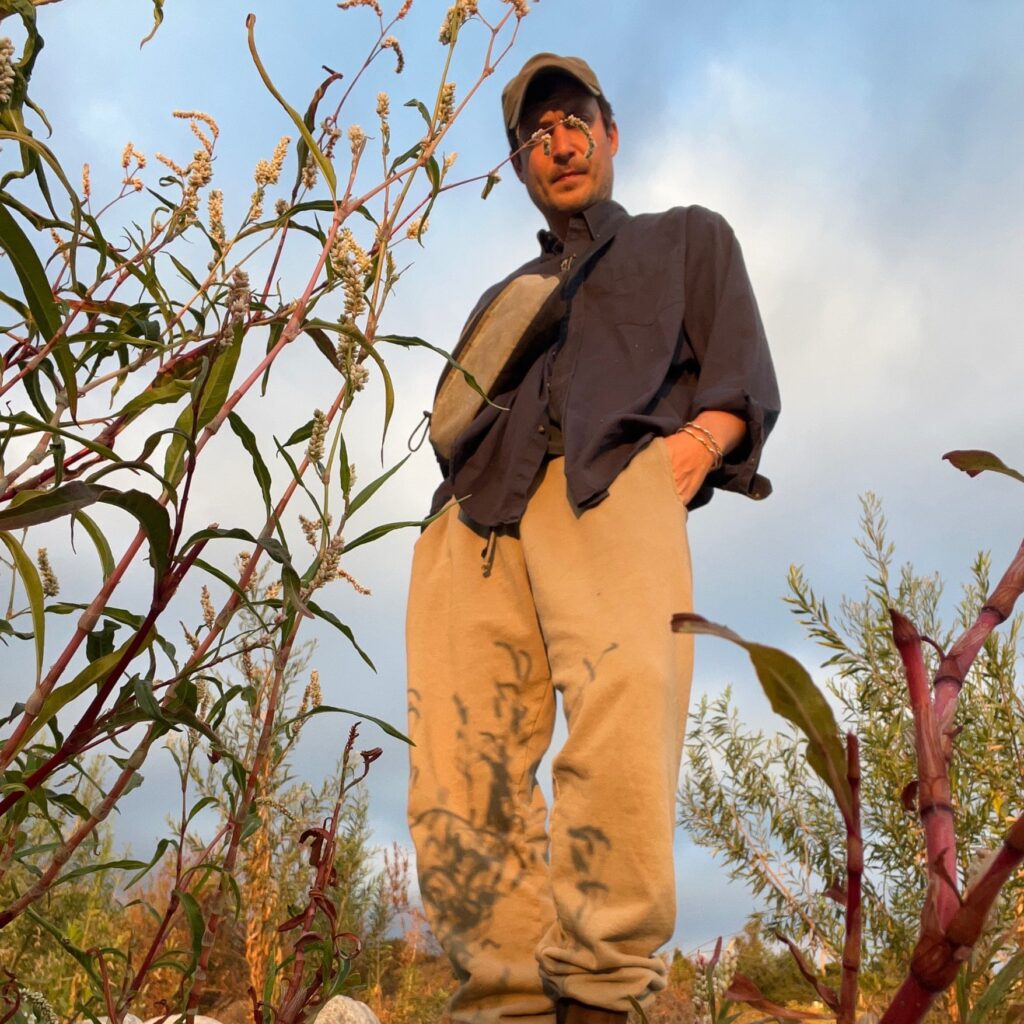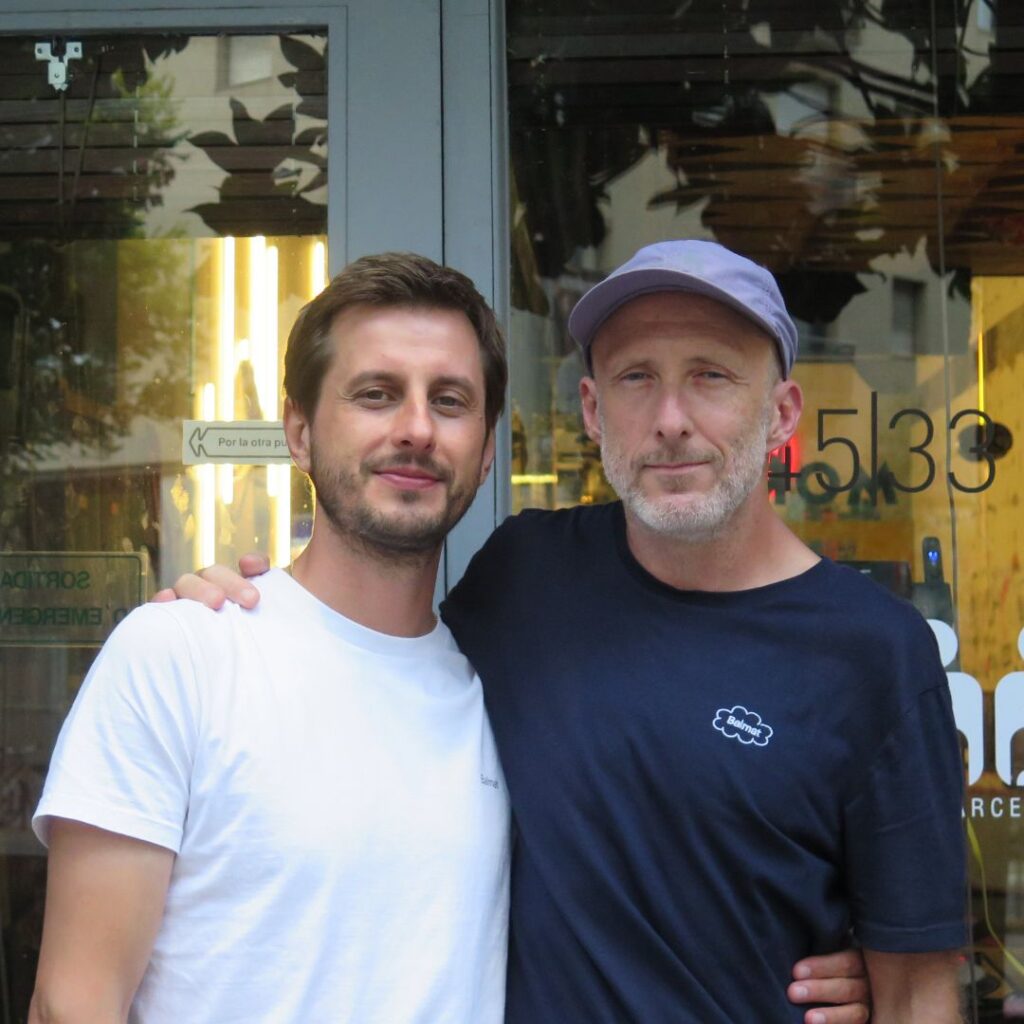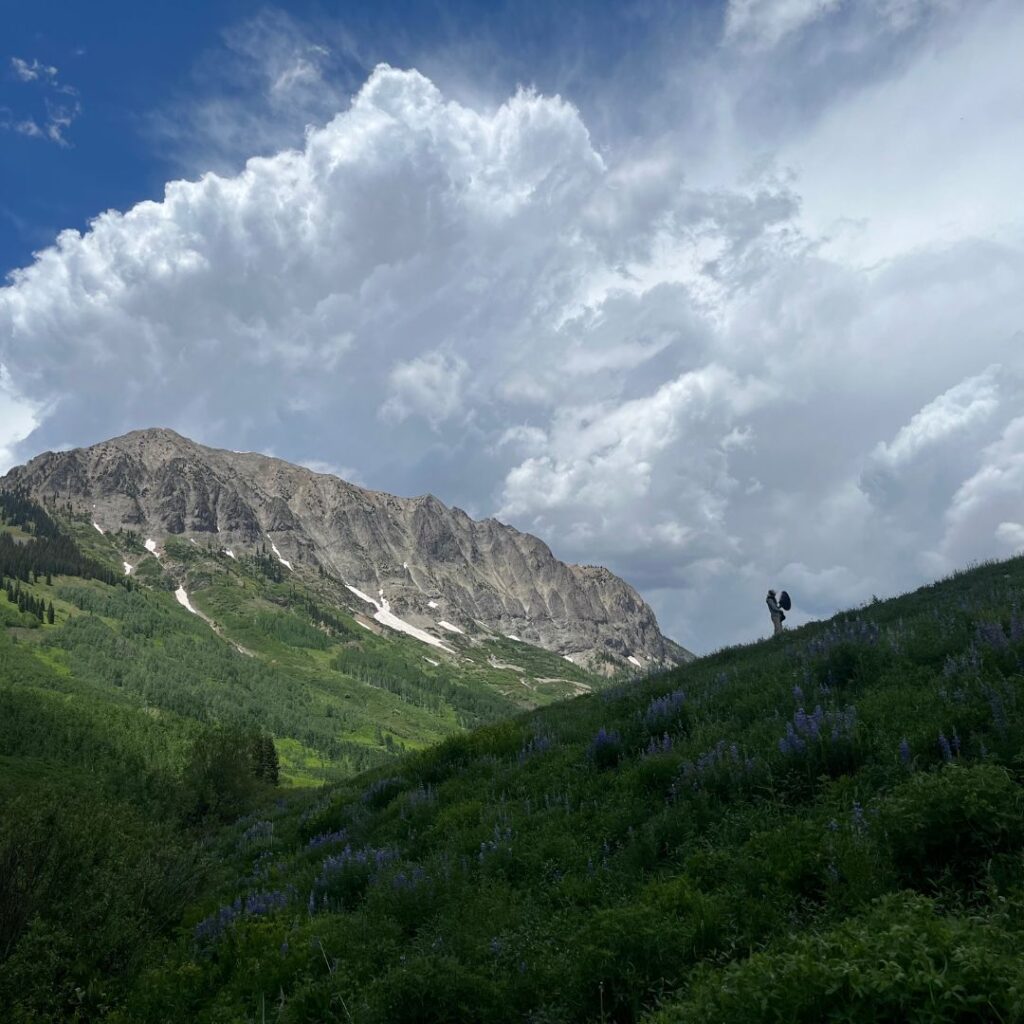bringing worlds together with Matt Werth
For nearly 20 years, RVNG. Intl. has simultaneously – and successfully – managed to both push the musical envelope and maintain a sturdy foundation. It’s quite difficult to come up with a few words that give justice to the vast spectrum of sounds found in the label’s catalogue across past and recent years – a reality that further exemplifies the sincere support of artistic expression and expansion the label fosters.
One of the central advocates behind this steadfast mentality of inclusion and respect for the artists’ craft is co-founder of RVNG, Matt Werth. We caught up with Matt to learn more about RVNG and the philosophies that continue to propel the label forward.
What were some of your favorite detours in the history of RVNG?
Turning into a label was a very early detour. Together with my friend Dave, we started RVNG doing events and party promotions. I enjoyed the social and logistical aspects of planning events, but I didn’t love the hours it took. It was just kind of exhausting.
We started releasing mixtapes essentially as business cards for the company. Sharing about DJ’s that we loved, whom we thought represented the musical sensibility of RVNG. Once we started doing that, I realized this is actually what I really like to do, more than those late nights. I came from a background of running a record label in high school as an ambitious teenager, supporting the punk rock community in Arkansas, where I grew up. I much prefer contact with artists and developing projects in that capacity. So I think very early on there was that detour.
Also, musically RVNG was very dance and electronic-oriented in the early days. And that certainly reflects my taste now, but reflected my taste much more then, and eventually we kind of evolved.
Speaking about musical sensibility, how would you describe RVNG’s?
There’s really no pattern to what we support. I love moving from one genre or one type of music to the next, from release to release. So, you know, in that cosmic way, I think my sensibility leans into just stimulating artists into following their pure vision.
We also tend to support artists that are still in their development stage. You know, when they’re still kind of like in that DIY point of their career. That’s always very interesting to me, to be at the ground floor with an artist and to help in realizing their vision.
Even with the archival projects, you seem to be going back to that DIY stage.
Oh yeah, very much so. For us, the archival work that we do, it wouldn’t be as rewarding or challenging if we were just picking the best tracks of the artists’ musical careers or just going for the albums that are very well-known. It’s more rewarding to support those artists that didn’t have a large platform back then, and provide maybe a little bit of a bigger, wider platform now.
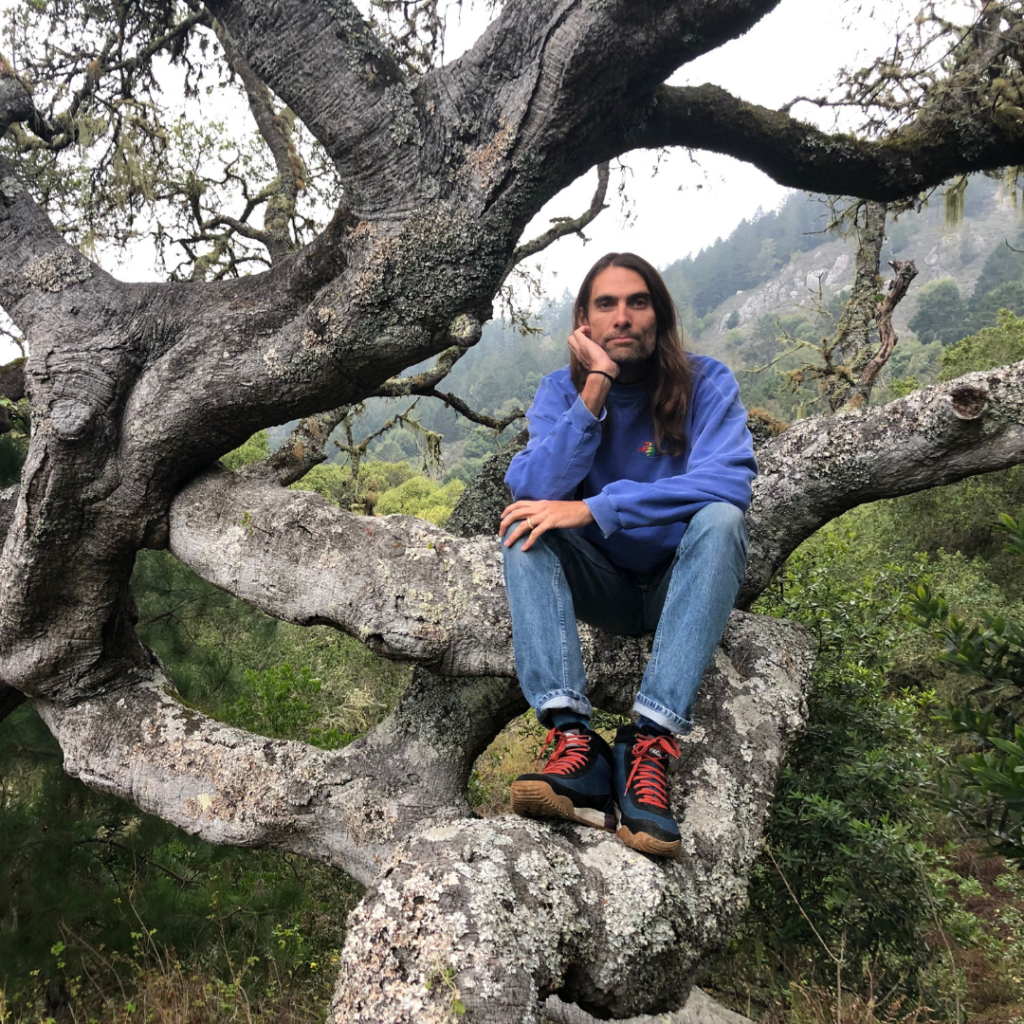
Is it a challenge to convince artists to dig into their pasts? I can imagine some artists are in a totally different headspace now or even stopped making music all together.
Yeah, sometimes it’s challenging for sure. Imagine receiving an email out of the blue about music you made 30 or 40 years ago. It can be a little jarring for some artists, especially those that have not kept up with their practice or have not continued releasing music. But yeah, there are usually three types of replies from the artists.
The first one is resistance. Maybe there is some trauma attached to that time of their life or they’re just not interested in exploring it again.
The second type is like, “OK, yes, but why? Why are you interested and what do you want to do with this?” It takes some effort to establish a comfort level with them.
The third type is just like, “Yeah, OK, that sounds good.” Even if they haven’t thought about it, they’re like, “OK, I have nothing to lose. Let’s do it. You have my blessing.”
Next to the archival work, you also bridge the gap between different generations of artists with FRKWYS. Do you mostly propose the collaborations, or do the artists approach you?
Most of the collaborations I’ve kind of dreamed up. It’s helpful just to have a central point that inspires the discussions between the artists.
Although there have been a couple instances where it’s artist-initiated. Tashi Wada really wanted to make an album with his father, Yoshi Wada, and it just felt so natural to release it under the FRKWYS series because we already had a relationship with Tashi.
For me, fostering that intergenerational exchange is so important. It’s incredibly valuable to listen to older generations and to learn from older generations. I think the importance of it transcends our series and really applies to our culture in general.
I also kind of think the FRKWYS series favors the older generation a little bit more. Similar to the archival projects, it introduces those artists in the current context. And you know in that process, I think the exchange becomes mutual.
You’ve released so much over the years. What are some of your most memorable releases in the catalogue?
Oh gosh. I think there are different milestones that maybe mark those detours that we talked about earlier. Dramatic shifts that signal kind of stylistic changes, or new ambition levels being reached.
Like early on, there was our collaboration between Sun Araw and M. Geddes Gengras, and The Congos. We all went to Jamaica to make a record with this legendary vocal reggae group. For us that was just kind of like going into a very unknown situation and really, being put to the flame. It was just so rewarding to really try something outside of our comfort zone.
That conceptually established the international part of the label name. Several of the collaborations after that happened in different countries, whether it was Portugal or Japan or Australia. It just inspired a more global view on inclusion, so I think that release was a big mile marker for us.
Obviously, there are also both creative and critical successes that feel like milestones for the label, whether that’s Julia Holter’s record, or Holly Herndon’s record, or Visible Cloaks.
What I like about that is that each one sounds different, and each record found its audience. I know that some of the releases probably confounded the existing RVNG audience, but they brought in a new audience too. That just kind of aligns with our nonlinear approach to releasing music.
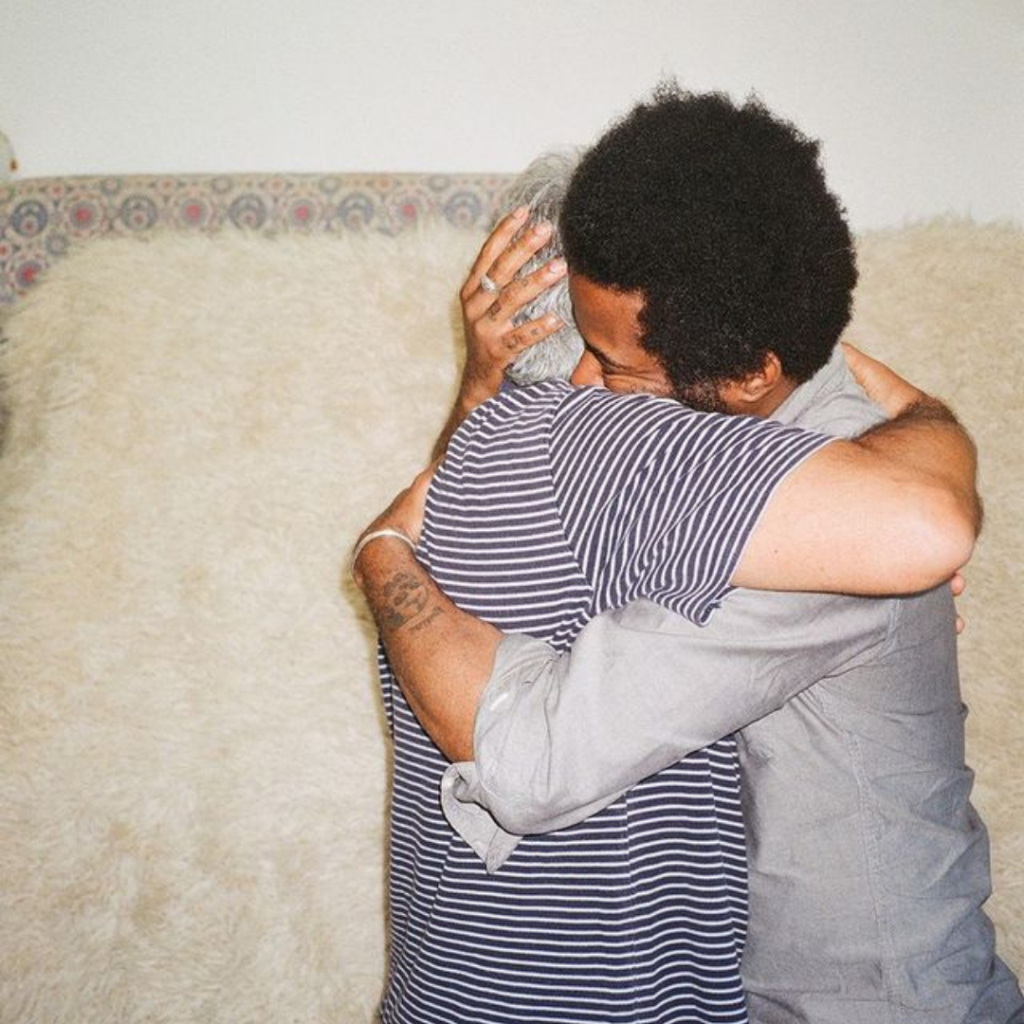
You mentioned an interesting word: inclusion. How important is that for you in terms of releasing music or kickstarting collaborations?
Fully. It’s the most important aspect. Even before having this conversation, I already knew I’m going to talk about inclusivity because it is such an important concept.
Inclusivity takes so many different forms with the label. The way that we structure our deals are kind of like partnerships, in that we provide resources, but also facilitate the artists to create music that we will eventually be able to share. But then we also hope that the artists can amplify that and also feel confident in supporting the work, knowing that they are a part of this bigger kind of platform.
It’s reflected in the music that we release, and the diversity that we try to maintain with the label. But then you know, there’s also the infrastructure of the label, which is small, but is set up to be very open. We are a very small team and most of the other few employees have been here for years. I’d like to think that is because everyone’s voice is heard and that there is room to grow and to follow your interests and passions, all without having to be prescribed to anything. I don’t want anyone to feel that RVNG is their identity. That’s not important to me. I want people to have their own identity and pursuits. Most people on the team have their side hustles, which is awesome. I love it and I think that brings a lot to what we do.
Having released so much over the years, what does it take for music to still surprise you?
The bigger challenge for me is the process of listening to all this music that comes through. I just want to listen to everything, like I truly want to listen to every single demo that is sent, and give it the time it truly deserves and not just skim through it.
I think that’s where those surprises exist, like deeper into track four on the A side. You know you might hear something that’s just like a spark. What will that spark ignite if not now – down the line?
My biggest regret is always just not having time to really give everything the listen it deserves. It’s also such an intimate process. Knowing that these artists are sending their work, like their life’s work, and that’s what they’re passionate about. You want to give them that service and acknowledgement, but it’s hard to have that individual experience with everyone.
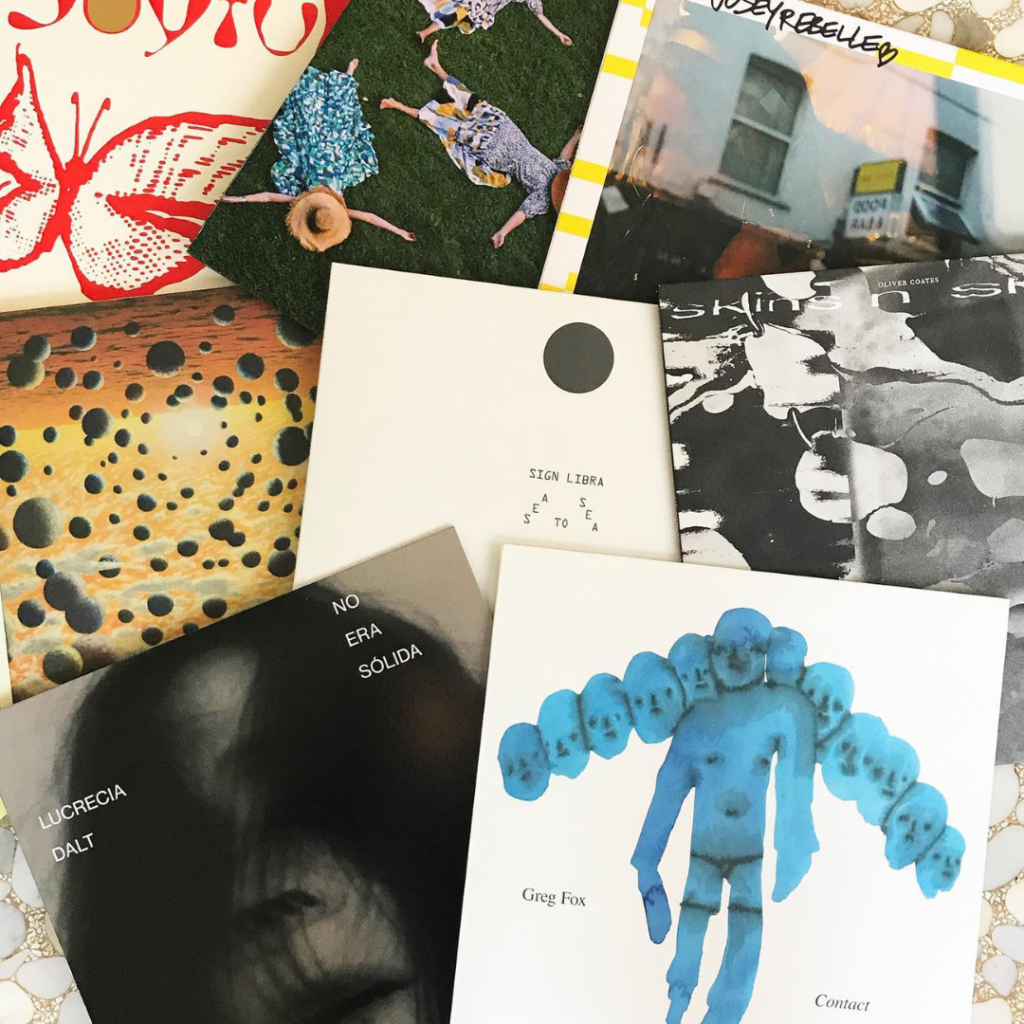
Do you make music yourself?
I come from a music-making background from high school through college. When people ask me if I feel like there’s a void, I don’t. I wish there was more time for it, but I truly do feel creatively fulfilled with what we do at RVNG, so I don’t really look for it.
Since you mentioned being creatively fulfilled, what next big creative challenge are you most looking forward to for RVNG?
Applying a creative mind to the business aspect of a label will always kind of be the biggest creative challenge. Just finding the balance in approaching our creative endeavors with some kind of commercial sensibility. If we just go full free-form freakout, then we wouldn’t be able to have a staff and I don’t think it would service the artists’ interest as much.
What are you looking forward to next?
Gosh, really, just a wild year ahead!
The first half we’re going to be introducing a lot of new artists on RVNG who would be releasing their first records, so I’m just very excited how our community would respond to that. Then the second half of the year will be focused on our veteran artists who are coming out with incredible albums.
Personally, I’m just excited to see live music again. I want to see artists in person again. I don’t necessarily want to travel as much as I did before, so I’m looking forward to more New York time. I do think there’s more we can absolutely do here in the city, as an entity with nearly 20 years behind us.

